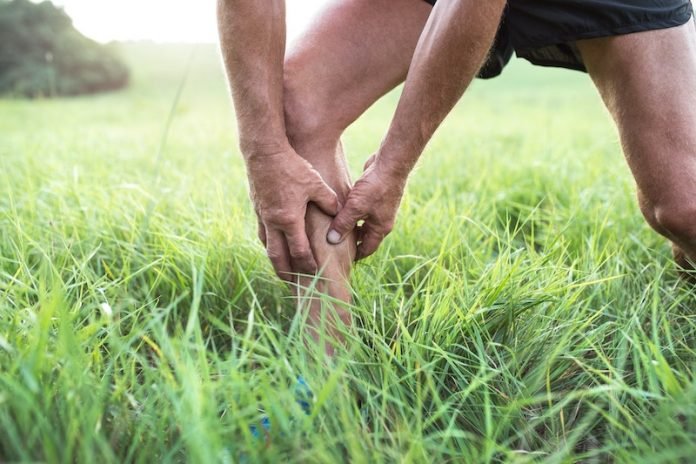
When we grow old, our body changes. Sometimes, the bones become less strong. This is known as low bone density. Another change is dementia.
It makes people forget things. But, can weak bones be a sign that you might get dementia? A new study gives us some answers.
The Study: What’s It About?
This study was done at the Erasmus University Medical Center in Rotterdam, Netherlands. The head researcher was Dr. Mohammad Arfan Ikram.
He noted that old people often have low bone density and dementia. But we don’t know much about how these two things are connected.
This study included 3,651 people from the Netherlands. All of them were around 72 years old. None of them had dementia at the start of the study. After about 11 years, 688 of these people, or 19%, got dementia.
The researchers checked the people’s bones using X-rays. Every 4 to 5 years, the people were interviewed and given tests. Some of these tests checked their bones and their memory.
The Findings: What Did They Learn?
The researchers found that of the people with the weakest bones, 90 of them got dementia within 10 years. But, of the people with the strongest bones, only 57 of them got dementia.
Even after considering things like age, sex, education, other illnesses, and family history of dementia, the researchers found something interesting.
People with the weakest bones were 42% more likely to get dementia within 10 years. This was compared to people with the strongest bones.
The Meaning: What Does It All Mean?
Dr. Ikram said that diet and exercise might affect bones and dementia risk. But his research found a link between weak bones and dementia. He said that more studies are needed to understand this link.
Maybe weak bones are a sign that a person might get dementia. If this is true, we could help people with weak bones take better care of their health.
Limitations and Future Work
But, we must remember one thing. This study mostly looked at Europeans who were 70 years old or older. So, we don’t know if the same is true for people of other races, ethnicities, or ages.
Final Words: What’s Next?
While we need more research to confirm, this study suggests that weak bones might be a sign of dementia risk. This could help us spot people who might get dementia.
And, it might help us understand more about how our bodies change as we get older. So, it seems like taking care of our bones might be one way to keep our minds sharp.
If you care about dementia, please read studies about walking patterns may help identify specific types of dementia, and common high blood pressure drugs may help lower your dementia risk.
For more information about brain health, please see recent studies about this tooth disease linked to dementia, and results showing this MIND diet may protect your cognitive function, and prevent dementia.
The study was published in Neurology.
Follow us on Twitter for more articles about this topic.
Copyright © 2023 Knowridge Science Report. All rights reserved.



